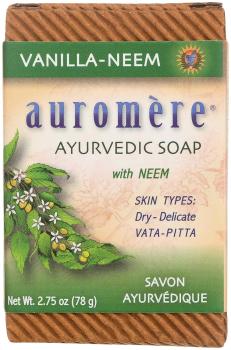Omega 3s may help lower levels of inflammation, reduce the risk of high blood pressure and diabetes, and improve symptoms of depression, anxiety, and even ADHD. Omega 3s may also help alleviate joint pain and psoriasis, as well as offer help with conditions ranging from asthma to macular degeneration and even cancer.
Krill OIl Health Benefits
Derived from shrimp-like creatures that live in frigid ocean waters, krill oil may offer health benefits similar to those of fish oil. Krill oil and fish oil both contain the same omega-3 fatty acids—eicosapentaenoic acid (EPA) and docosahexaenoic acid (DHA)—but preliminary research suggests that krill oil may be easier for the body to absorb.
Omega 3s derived from krill have been found to improve arthritis symptoms, including pain, stiffness, and range of motion. One study found that 2 grams of krill oil daily for 30 days improved mild knee pain while sleeping and standing. Research has also linked krill oil to lower levels of inflammation in the body.
Because krill oil’s therapeutic potential has not been extensively studied, there is no standard dose, and the safety and efficacy of krill oil for pregnant women and children have not yet been proven.
Sources of Omega 3s
Dietary Sources of Fish Oil
Fatty, coldwater fish such as anchovies, mackerel, salmon, sardines, trout, and tuna are good dietary sources of EPA and DHA, so you can boost your intake of omega 3s by eating more of these types of fish.
You can also find omega 3s in shellfish including crabs, oysters, and mussels.
Fish Oil Supplements
Taking supplemental fish oil confers similar benefits to eating fish, but it comes in a convenient liquid, capsule, or pill form. Fish oil supplements are generally considered safe, though high doses should be avoided.
Plant-Sourced Omegas 3s
Plants also offer a form of omega 3s in the short-chain alpha linolenic acid (ALA), which our bodies then convert into EPA and DHA. ALA can be found in nuts and seeds including chia, flaxseed, pumpkin seed oil, and walnuts. It’s also available in dark green, leafy vegetables like kale and spinach.
Absorbing Omega 3s
Conversion from ALA to EPA and DHA can be hampered by a variety of factors, including vitamin deficiencies and a diet high in unhealthy fats. Alcohol, caffeine, and cigarette use can also interfere with the body’s ability to convert ALA.




